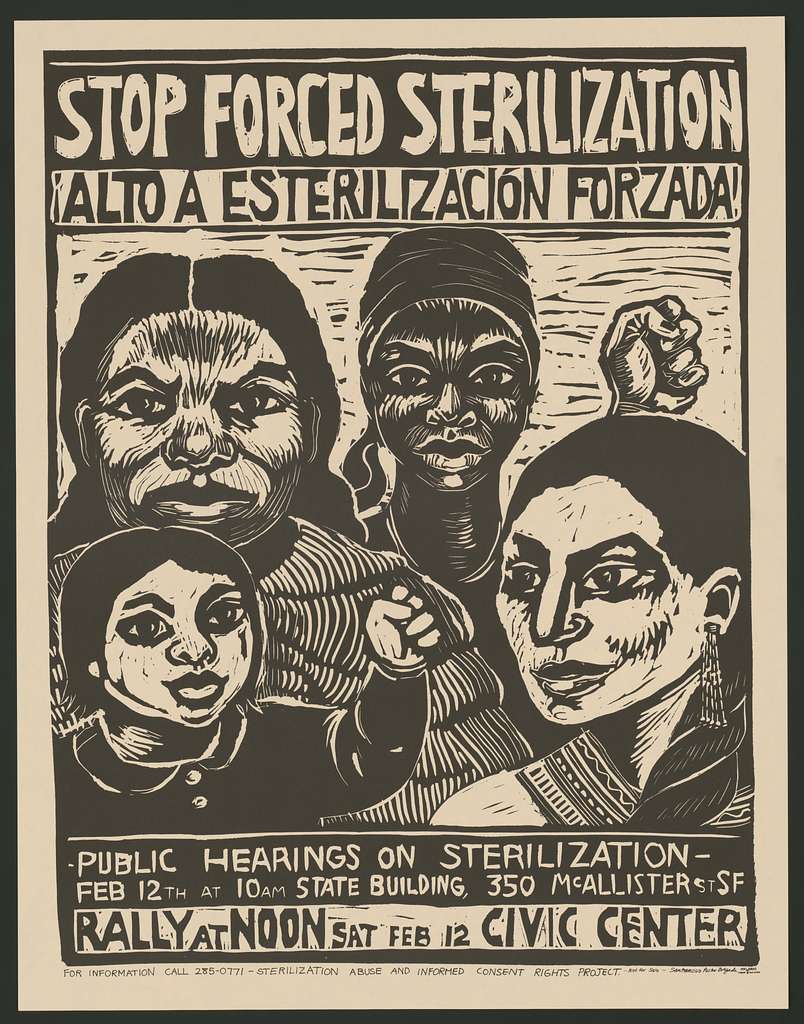The Dark History of the Eugenics Movement in Northern California Has Chilling Implications for Today
By Julie Zigoris,
The San Francisco Standard
| 01. 26. 2023
It’s easy to think of eugenics as something that happened far away from us, with ideals alien to our character. Yet Adolf Hitler himself studied—and was inspired by—American laws that prevented the birth of people “injurious to the racial stock.”
Eugenics—the desire to increase qualities deemed to be favorable within the gene pool, with sterilization as one of its primary tools—isn’t owned by Nazi Germany, and it hasn’t gone away.
Far from being a fringe movement, the eugenics movement cast its net over everyone from Planned Parenthood leader Margaret Sanger to Save the Redwoods League co-founder Madison Grant. The movement’s creator, Francis Galton, was cousin to none other than Charles Darwin. The desire to improve the human race was tied up in what at the time seemed like a noble pursuit to make a better world, one that comes chillingly close to ideals we cherish today.
The arguable capital of the eugenics movement in the U.S. was even closer to home—in Northern California, where one third of America’s sterilizations occurred. And the Sonoma State Home, an institution...
Related Articles
By David Jensen, California Stem Cell Report | 02.10.2026
Touchy issues involving accusations that California’s $12 billion gene and stem cell research agency is pushing aside “good science” in favor of new priorities and preferences will be aired again in late March at a public meeting in Sacramento.
The...
By Lauren Hammer Breslow and Vanessa Smith, Bill of Health | 01.28.2026
On Jan. 24, 2026, the New York Times reported that DNA sequences contributed by children and families to support a federal effort to understand adolescent brain development were later co-opted by other researchers and used to publish “race science”...
By Arthur Lazarus, MedPage Today | 01.23.2026
A growing body of contemporary research and reporting exposes how old ideas can find new life when repurposed within modern systems of medicine, technology, and public policy. Over the last decade, several trends have converged:
- The rise of polygenic scoring...
By Stephanie Pappas, LiveScience | 01.15.2026
Genetic variants believed to cause blindness in nearly everyone who carries them actually lead to vision loss less than 30% of the time, new research finds.
The study challenges the concept of Mendelian diseases, or diseases and disorders attributed to...




